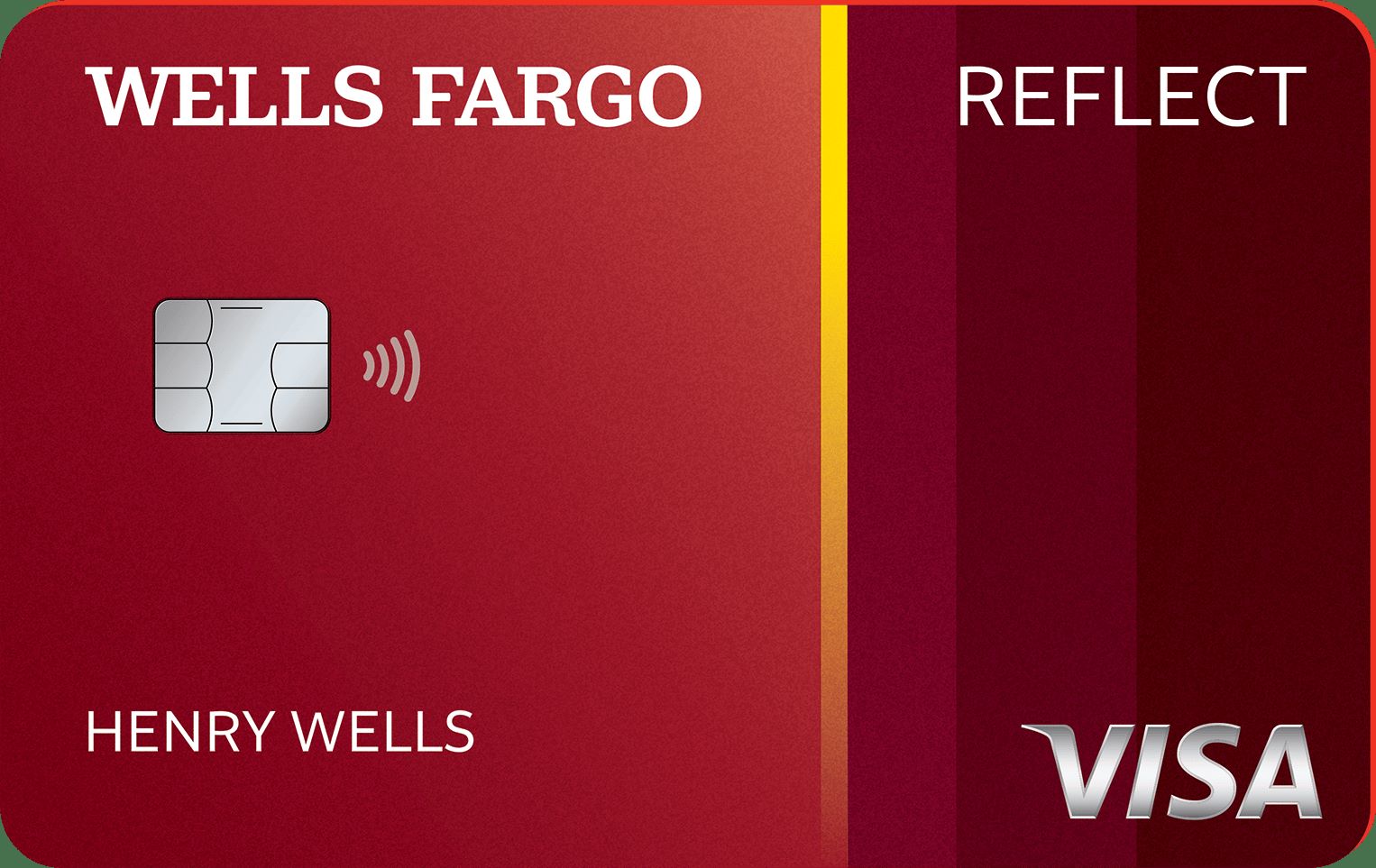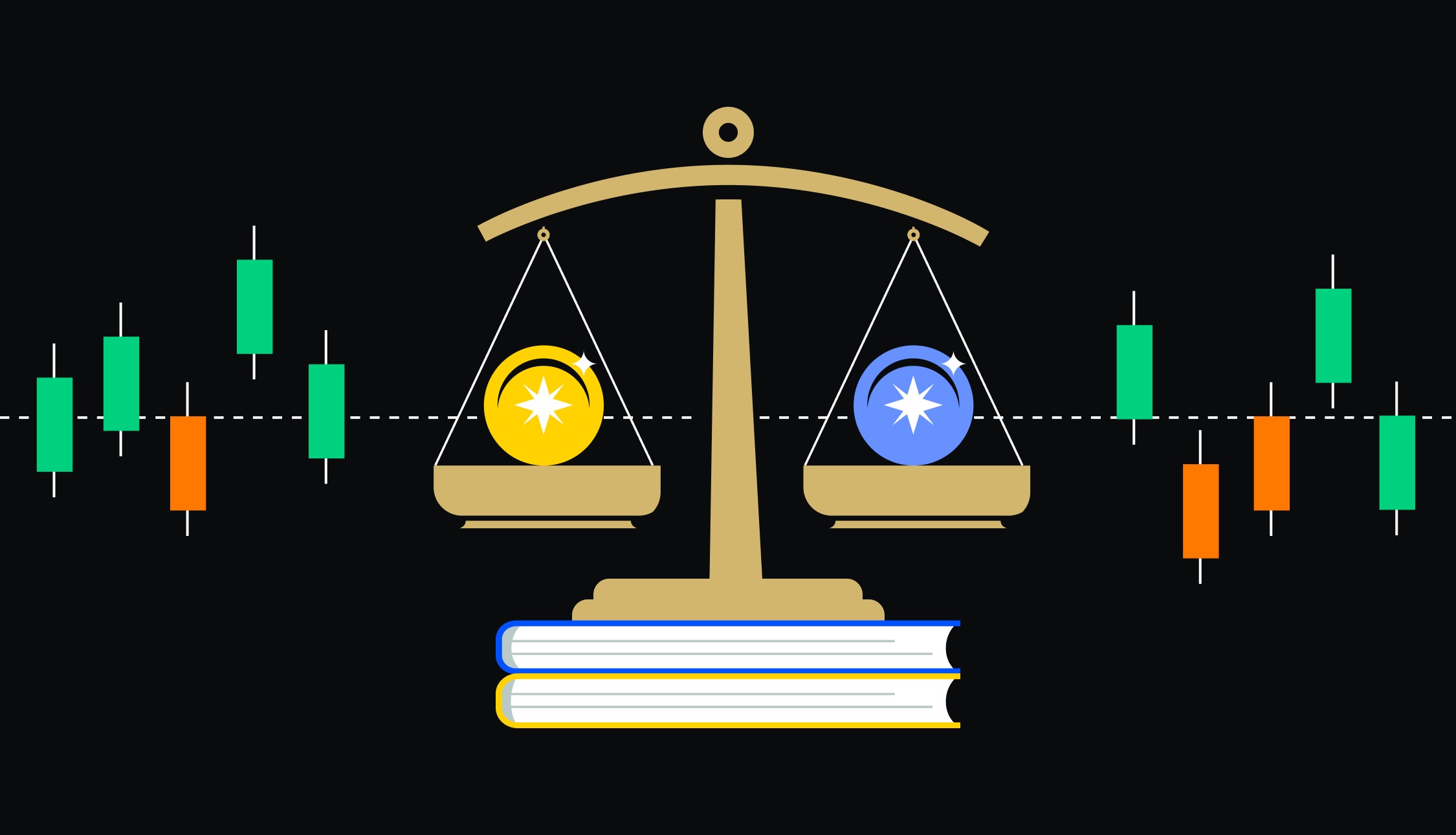

Finance
Which Credit Report Does Wells Fargo Use
Modified: February 21, 2024
Discover which credit report Wells Fargo uses for finance and get a better understanding of your financial standing.
(Many of the links in this article redirect to a specific reviewed product. Your purchase of these products through affiliate links helps to generate commission for LiveWell, at no extra cost. Learn more)
Table of Contents
Introduction
When it comes to managing your finances, credit is a crucial factor that can make or break your financial well-being. Whether you’re applying for a loan, a credit card, or even renting an apartment, your creditworthiness is evaluated based on your credit history and credit report. Understanding your credit report and how lenders assess your creditworthiness is essential in making informed financial decisions.
One question that often arises is, which credit report does Wells Fargo use? Wells Fargo, being one of the largest financial institutions in the United States, has its own criteria for evaluating creditworthiness and determining the credit report to be used. In this article, we will dive into the factors that influence credit report usage, explore Wells Fargo’s credit report sources, compare different credit reporting agencies, and highlight the importance of credit reports for loan applications.
By understanding how Wells Fargo utilizes credit reports and the elements involved, you can better prepare and manage your credit to enhance your chances of loan approval and achieve your financial goals.
Factors Influencing Credit Report Usage
When evaluating creditworthiness, lenders like Wells Fargo consider several factors that may influence their decision to use a particular credit report. These factors help ensure they have a comprehensive view of your financial history and behavior. Here are some key factors that can influence credit report usage:
- Lender’s Policies: Each lender, including Wells Fargo, may have its own policies and criteria for evaluating creditworthiness. These policies dictate the type of credit report to be used and the specific information they consider.
- Geographical Location: Credit reporting systems can vary by geographic location. Certain regions may have their preferred credit reporting agencies or use specific scoring models to evaluate creditworthiness.
- Type of Loan: The type of loan you are applying for can impact the credit report used. For example, a mortgage lender may want more detailed information, such as a tri-merged credit report that combines data from multiple credit bureaus.
- Regulatory Requirements: Lenders must comply with various regulations when assessing creditworthiness. These requirements may include specific credit reporting agencies or scoring models that need to be followed.
- Relationship with Credit Reporting Agencies: Financial institutions like Wells Fargo may have established partnerships or contracts with certain credit reporting agencies, which can influence their credit report usage.
- Accuracy and Completeness: Lenders want accurate and comprehensive data to evaluate creditworthiness. If a credit report is known to have outdated or incomplete information, it may be less likely to be used.
It’s important to note that while these factors can influence credit report usage, lenders aim to assess your creditworthiness fairly and efficiently. The ultimate goal is to make informed lending decisions that protect both the lender’s interests and the borrower’s financial well-being.
Wells Fargo’s Credit Report Source
Wells Fargo, like many other financial institutions, relies on credit reporting agencies to provide credit reports for evaluating creditworthiness. While Wells Fargo might use different credit reporting agencies depending on various factors, the most commonly used credit reporting agencies in the United States include Equifax, Experian, and TransUnion.
These credit reporting agencies gather and maintain consumer credit information from various sources, including banks, credit card issuers, collection agencies, and public records. They compile this information into credit reports that outline an individual’s credit history, including their payment history, credit accounts, outstanding balances, and any negative information such as defaults or bankruptcies.
When Wells Fargo reviews a loan application, they typically request credit information from one or more of these credit reporting agencies. This information helps them assess an individual’s creditworthiness and determine the terms and conditions of the loan, such as the interest rate and loan amount.
It’s important to note that Wells Fargo, like other lenders, may consider multiple credit reports from different reporting agencies. This allows them to obtain a more comprehensive view of an applicant’s credit history and verify the accuracy of the information provided.
Wells Fargo takes data privacy and security seriously. They ensure that the credit reporting agencies they use adhere to strict privacy standards and comply with relevant regulations, such as the Fair Credit Reporting Act (FCRA). This legislation ensures that consumers have the right to access and dispute any incorrect or outdated information on their credit reports.
In summary, Wells Fargo utilizes credit reports from major credit reporting agencies like Equifax, Experian, and TransUnion to evaluate creditworthiness and make informed lending decisions. By analyzing a borrower’s credit history and financial behavior, Wells Fargo can assess the risk associated with extending credit and offer suitable loan options to their customers.
Comparing Different Credit Reporting Agencies
Equifax, Experian, and TransUnion are three major credit reporting agencies that gather and provide credit information to lenders like Wells Fargo. While they serve a similar purpose, there are some differences between them that borrowers should be aware of.
Equifax: Equifax is one of the oldest and most well-known credit reporting agencies. They collect and maintain credit information from various sources, including lenders, creditors, and public records. Equifax provides credit reports and credit scores that help lenders assess an individual’s creditworthiness. One unique feature of Equifax is their Credit Lock service, allowing individuals to proactively lock and unlock their credit files to protect against identity theft.
Experian: Experian is another prominent credit reporting agency that provides credit reports and scores based on extensive consumer credit data. They gather information from creditors, public records, and other sources to create comprehensive credit profiles. Experian offers additional services like credit monitoring, identity theft protection, and credit education resources to help individuals better understand and manage their credit.
TransUnion: TransUnion is a leading credit reporting agency that collects and analyzes credit information from various sources. They provide credit reports, scores, and credit monitoring services to lenders and individuals. TransUnion also offers specialized solutions, such as rental screening reports and credit freeze options, to help individuals protect and manage their credit information.
While these credit reporting agencies may use similar data sources, their credit reports might vary slightly due to differences in data collection, reporting methods, and scoring models. It’s crucial for consumers to review their credit reports from all three agencies regularly to ensure accuracy and address any discrepancies or negative items.
It’s worth noting that individuals have the right to request a free copy of their credit report from each of these agencies once every 12 months through AnnualCreditReport.com, a service authorized by the Federal Trade Commission (FTC). Reviewing these reports can help borrowers identify any errors or issues that may affect their creditworthiness.
When applying for credit with Wells Fargo or any other lender, having a good understanding of your credit reports from these agencies can give you a clear picture of your financial standing and provide an opportunity to address any issues that may impact your creditworthiness.
Importance of Credit Reports for Loan Applications
Credit reports play a vital role in the loan application process, and understanding their importance can greatly enhance your chances of approval and favorable terms. Here are a few reasons why credit reports are crucial for loan applications:
Creditworthiness Assessment: Lenders, including Wells Fargo, use credit reports to assess an individual’s creditworthiness. By reviewing your credit history, lenders can evaluate how responsibly you have managed credit in the past, guiding their decision to approve or deny your loan application. A positive credit history with a strong payment record and low credit utilization can increase your chances of approval and may even result in more favorable interest rates.
Risk Evaluation: Lenders use credit reports to evaluate the level of risk associated with lending you money. A credit report provides insights into your financial behavior, including any late payments, defaults, or collection accounts. By assessing these factors, lenders can gauge the likelihood of you repaying the loan on time. A positive credit report indicating responsible financial behavior reduces the perceived risk, making you a more attractive borrower.
Loan Terms Determination: Your credit report can influence the terms and conditions of the loan you receive. Lenders take into account your credit score, debt-to-income ratio, and other factors derived from your credit report to determine the interest rate, loan amount, and repayment period. A higher credit score and positive credit history can lead to more favorable loan terms, including lower interest rates, higher loan amounts, and longer repayment periods.
Preventing Fraud and Identity Theft: Credit reports are an essential tool in identifying potential instances of fraud or identity theft. By regularly reviewing your credit report, you can quickly spot any unauthorized accounts, inquiries, or suspicious activity that could indicate fraudulent activity. Detecting and addressing such issues promptly can help protect your financial well-being and prevent further damage to your credit.
Credit Improvement Opportunities: Your credit report provides valuable insight into areas where you can improve your credit standing. By reviewing your report, you can identify any negative items or errors that may be impacting your credit score negatively. This can empower you to take corrective actions, such as paying off outstanding debts, disputing inaccuracies, or managing credit utilization better, to improve your creditworthiness over time.
In summary, credit reports are a crucial part of the loan application process. They help lenders assess your creditworthiness, evaluate risk, determine loan terms, and prevent fraud. Understanding your credit report and taking steps to maintain a positive credit history can significantly improve your chances of loan approval and access to more favorable loan terms.
Final Thoughts
Understanding credit reports and their importance in the loan application process is essential for anyone looking to borrow money. Wells Fargo, like other lenders, relies on credit reports to evaluate creditworthiness, assess risk, and determine loan terms. By familiarizing yourself with the factors that influence credit report usage and the credit reporting agencies commonly used by Wells Fargo, you can better prepare yourself for the loan application process.
Regularly reviewing your credit reports from Equifax, Experian, and TransUnion is crucial to verify the accuracy of the information and address any discrepancies. By maintaining a positive credit history, making timely payments, and managing your debts responsibly, you can enhance your creditworthiness and increase your chances of loan approval.
It’s also important to note that credit reports go beyond loan applications. Landlords, insurance companies, and even some employers may review your credit report to evaluate your financial stability and responsibility. Therefore, maintaining a good credit standing has broader implications for your financial well-being.
Finally, while credit reports are significant, they are just one part of the overall financial picture. Lenders like Wells Fargo also consider other factors such as income, employment history, and debt-to-income ratio when making lending decisions. By managing all aspects of your finances effectively, you can position yourself for financial success and achieve your goals.
Remember, your credit report is a reflection of your financial behavior, and taking proactive steps to maintain a positive credit history can have long-term benefits. Stay informed, review your credit reports regularly, and take action to address any issues that may arise. By doing so, you can not only improve your chances of loan approval but also pave the way for a healthy and secure financial future.














